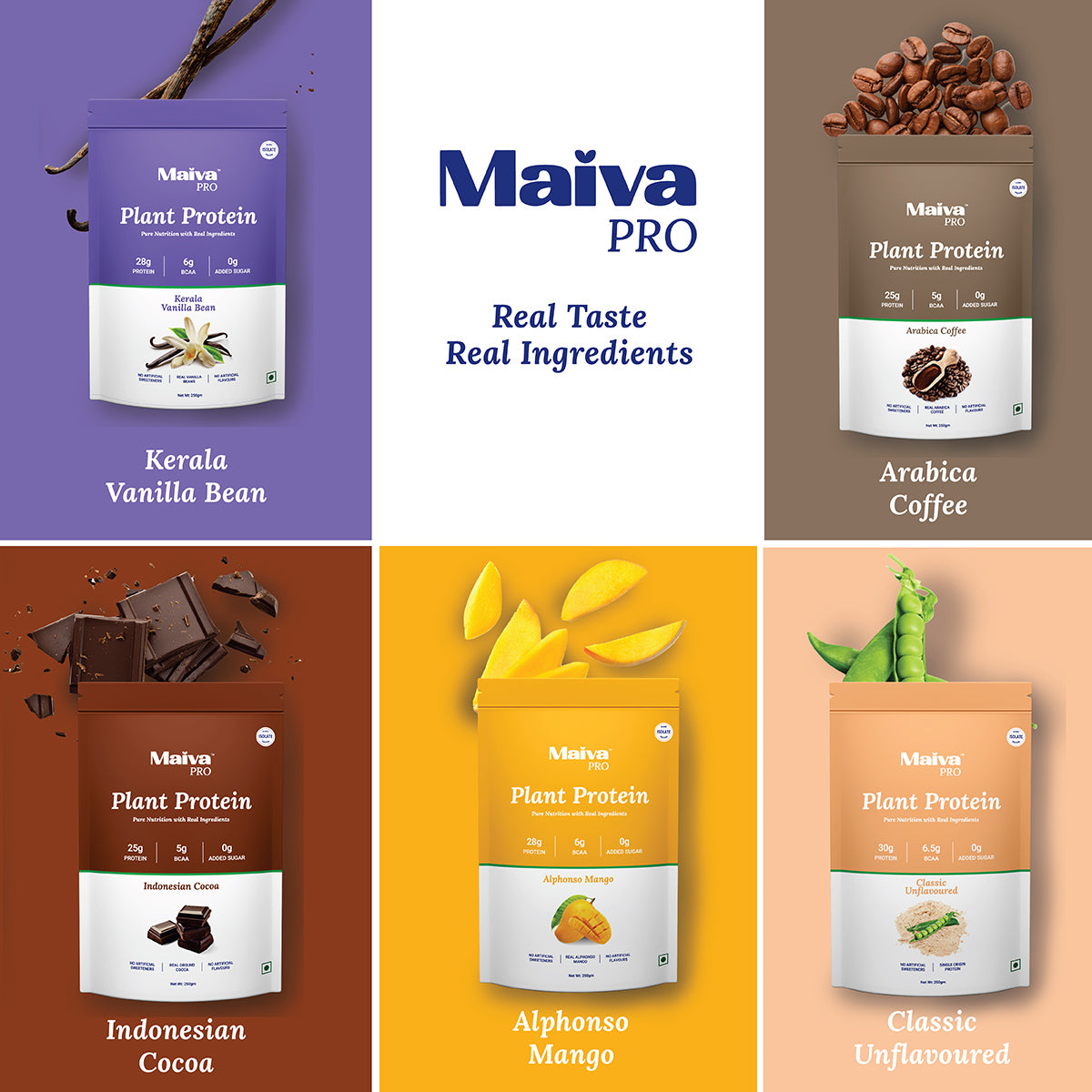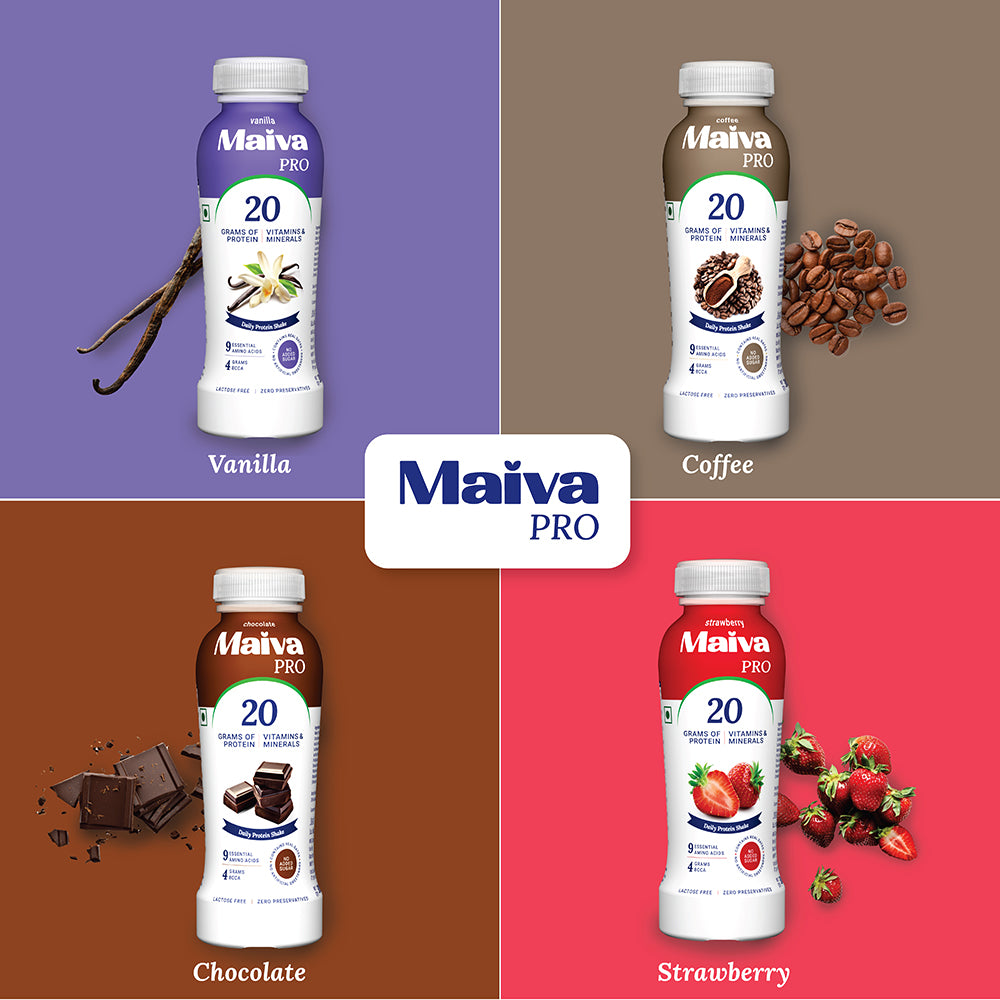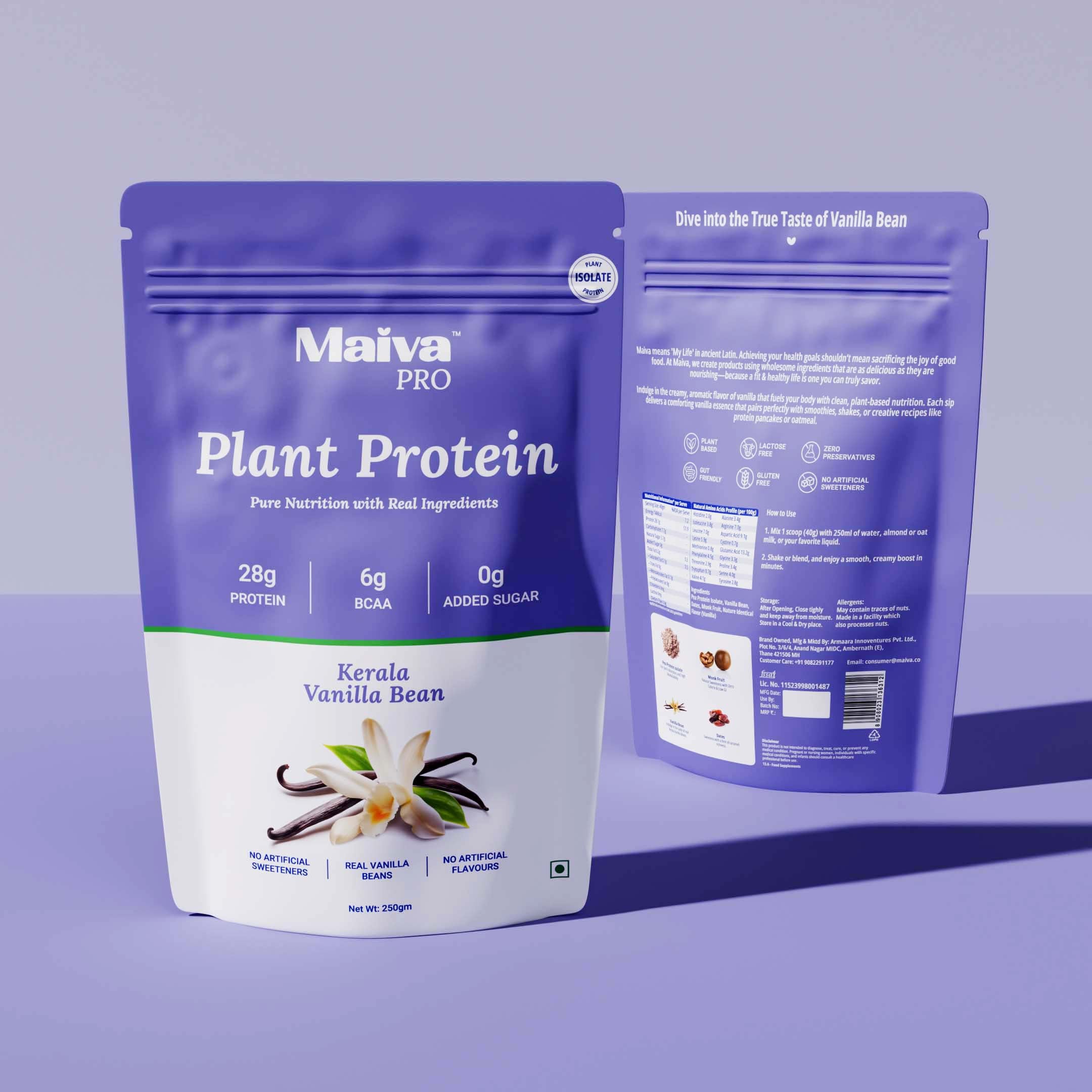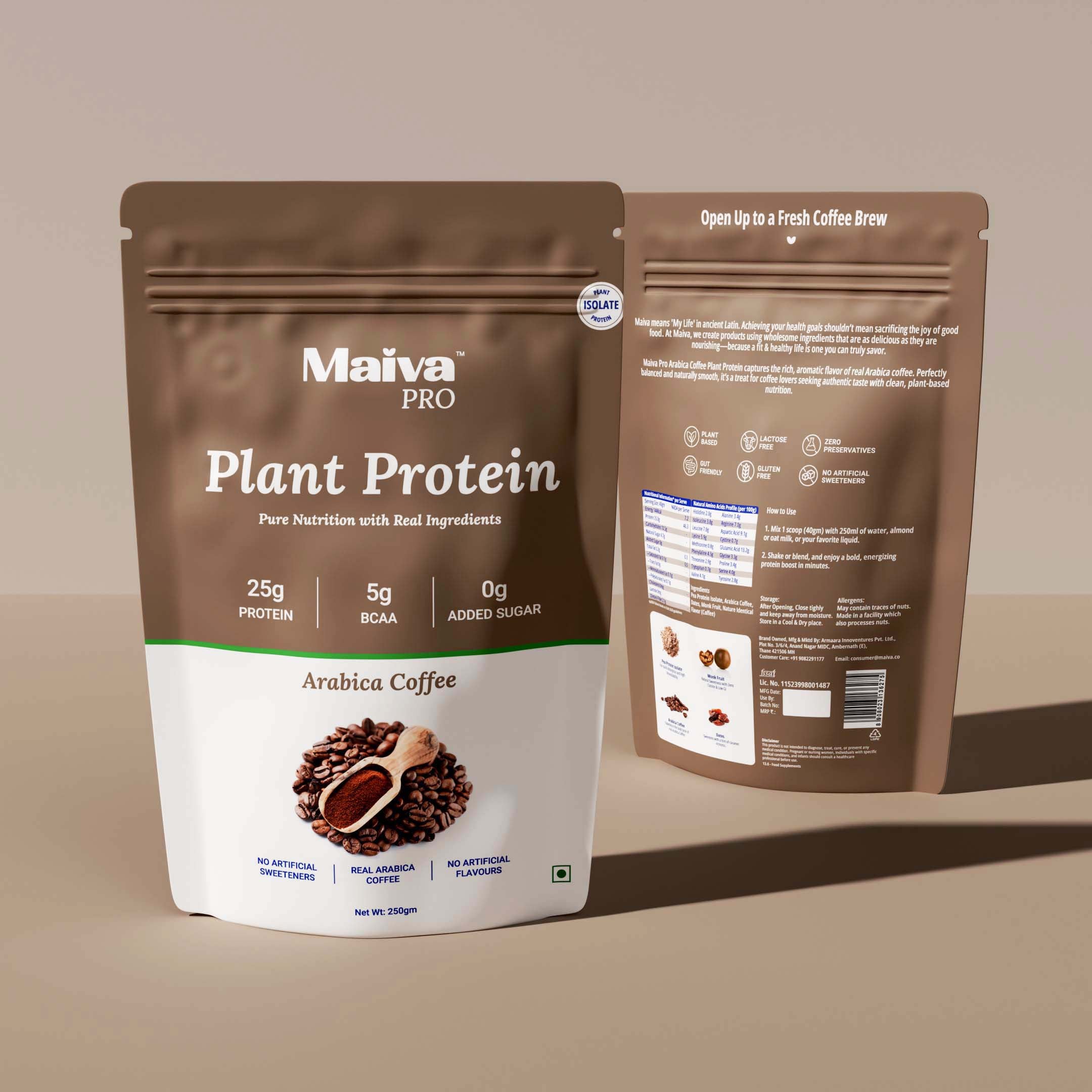Vegan or Low Carb Keto – Which is Nutrient Rich?
1. Introduction To Dietary Choices - Vegan, Low Carb, Keto
In a world increasingly conscious of health, nutrition, and sustainability, diets are not just about weight loss or gain; they're a reflection of our lifestyles and beliefs. Among the myriad of dietary choices available today, we will profile two popular diet types - Veganism and the Low Carb Keto diet and analyze their distinct approaches to nutrition and health. This article aims to unravel the complexities and nutritional profiles of these two popular diets, posing a central question: which of these is more nutrient-rich?
The hypothesis we explore is multifaceted: while Veganism, with its plant-based focus, promises a diet rich in vitamins, minerals, and fiber, it also poses challenges in terms of certain nutrient deficiencies. On the other hand, the Low Carb Keto diet, known for its high-fat, moderate-protein, and low-carbohydrate approach, has been lauded for rapid weight loss and health benefits, but how does it fare in terms of overall nutrient richness?

As we navigate through the intricacies of these diets, we aim to provide a comprehensive view that not only compares their nutrient profiles but also considers the sustainability and lifestyle aspects associated with each.
In doing so, we hope to offer valuable insights to our readers, whether they are Plant-Based Eaters, Nutrition Enthusiasts, or anyone curious about making informed dietary choices in a world where food is more than just sustenance – it's a statement about who we are and what we stand for.
2. Are Vegan Diets Nutrient Rich?
Embracing a vegan diet means adopting a lifestyle that entirely revolves around plant-based foods. This diet has gained momentum for its health benefits and ethical stance towards animal welfare and environmental sustainability.
But when it comes to nutrition, how does a vegan diet stack up?
2.1 Understanding Plant-Based Nutrition
At the heart of veganism is a diet composed of fruits, vegetables, grains, nuts, seeds, and legumes. These foods are naturally rich in essential nutrients like fiber, vitamins C and E, folate, magnesium, and phytochemicals. A well-planned vegan diet can reduce the risk of chronic diseases, including heart disease, hypertension, diabetes, and certain cancers.
However, the absence of animal products can lead to potential nutritional gaps. Key nutrients that may require attention in a vegan diet include:
Protein: While plant-based sources like legumes, tofu, and tempeh are excellent protein options, vegans need to ensure adequate intake to meet their body's requirements.
Vitamin B12: Found naturally only in animal products, Vitamin B12 is crucial for nerve function and blood formation. Vegans often need to turn to fortified foods or supplements to meet their B12 needs.
Iron: Non-heme iron from plant sources is less readily absorbed by the body. Consuming iron-rich plant foods alongside vitamin C-rich foods can enhance absorption.

Calcium: Essential for bone health, calcium is abundantly found in dairy products. Vegans can opt for fortified plant milks, tofu, and leafy greens to meet their calcium needs.
Omega-3 Fatty Acids: Typically found in fish, omega-3s are important for heart and brain health. Flaxseeds, chia seeds, and walnuts are plant-based alternatives.
Overall, a vegan diet can be nutrient-rich and health-promoting if well planned, with careful attention to specific nutrients that may be less abundant in plant-based foods.
3. Low Carb Keto: What is it and is it nutrient rich?
The ketogenic, or "keto," diet stands in contrast to veganism with its unique approach centered around high fat, moderate protein, and very low carbohydrate intake. Originally developed for managing neurological disorders, the keto diet has gained popularity for weight loss and energy enhancement. But what does it offer in terms of nutrient richness?
3.1. Balancing Macros and Micros in Keto
At its core, the keto diet aims to induce a state of ketosis, where the body burns fat for fuel instead of carbohydrates. This metabolic shift has implications for how nutrients are consumed and processed.
Fat: The cornerstone of the keto diet, healthy fats from sources like avocados, nuts, seeds, and olive oil are emphasized. These fats are not only energy-rich but also vital for absorbing fat-soluble vitamins (A, D, E, K).
Protein: Adequate protein is essential in keto, but overconsumption can impede ketosis. Sources like fatty fish, eggs, and grass-fed meats are encouraged.
Carbohydrates: Severely restricted, carbohydrates in a keto diet primarily come from non-starchy vegetables and low-carb fruits. This ensures a supply of fiber, vitamins, and minerals.
Micronutrients: With the restriction of certain fruits, grains, and legumes, there's a potential risk of micronutrient deficiencies. Special attention might be needed for nutrients like magnesium, potassium, and certain B vitamins.
Hydration and Electrolytes: The keto diet can alter fluid and mineral balance. Adequate hydration and electrolyte intake are crucial to avoid complications like "keto flu."
While the keto diet can be effective for certain health goals, it requires careful planning to ensure it's nutritionally balanced. It's particularly important for individuals to tailor the diet to their specific health needs, possibly under the guidance of a nutrition professional.
In the next section, we'll explore the conclusion and summary of our findings.
4. Conclusion: Weighing the Nutritional Benefits of Veganism & Low Carb Keto
In our exploration of Veganism and the Low Carb Keto diet, we've uncovered distinct nutritional profiles and health implications of each. Both diets have their merits and challenges, making the choice between them dependent on individual health goals, lifestyle preferences, and ethical considerations.
Veganism stands out for its ethical and environmental benefits, offering a diet rich in certain nutrients like fiber, phytochemicals, and some vitamins and minerals. However, it requires careful planning to ensure adequate intake of protein, Vitamin B12, iron, calcium, and omega-3 fatty acids.
Low Carb Keto, on the other hand, is effective for weight loss and managing certain health conditions. It emphasizes high intake of healthy fats and moderate protein but requires mindful planning to avoid deficiencies in fiber, certain vitamins, and minerals due to restricted carbohydrate intake.

Ultimately, both diets can be nutrient-rich when well-planned and tailored to individual nutritional needs. It's important for individuals to consider their dietary preferences, lifestyle, and health conditions when choosing a diet. Consulting with healthcare and nutrition professionals can provide personalized guidance for adopting a diet that aligns with one's health and wellness goals.
In summary, both Veganism and Low Carb Keto offer unique approaches to nutrition and health. The decision between them should be based on a holistic view of one's health, nutritional needs, and personal values. With proper planning and consideration, each diet can contribute to a balanced, healthy lifestyle.




